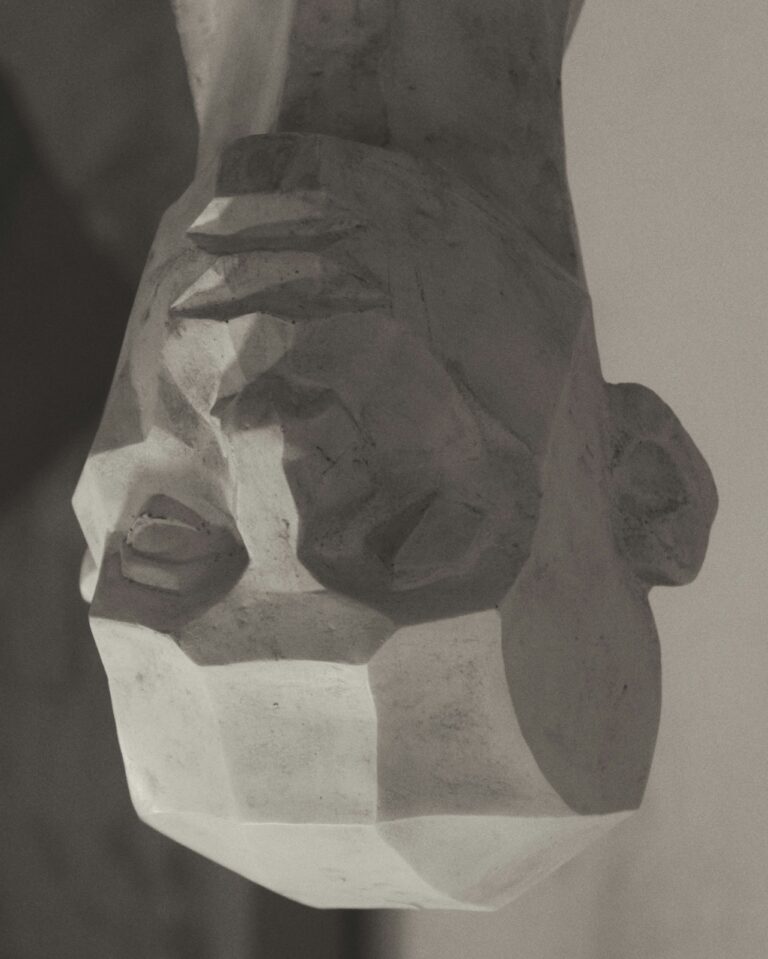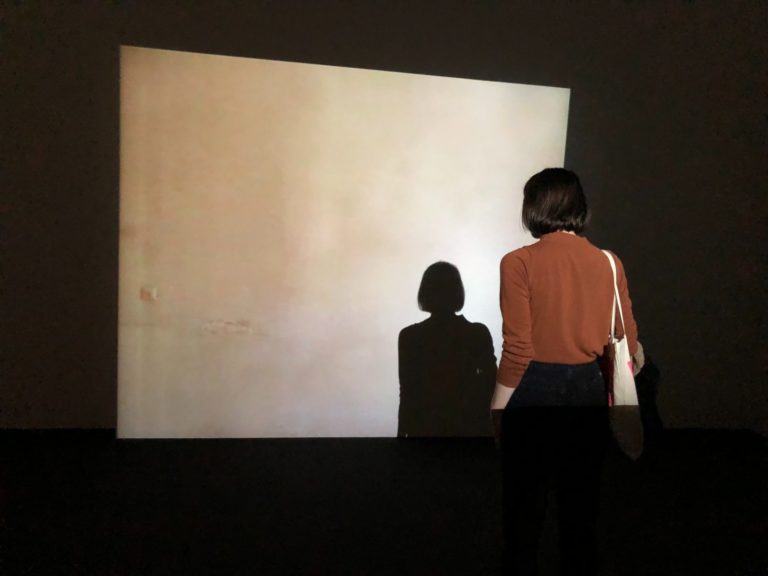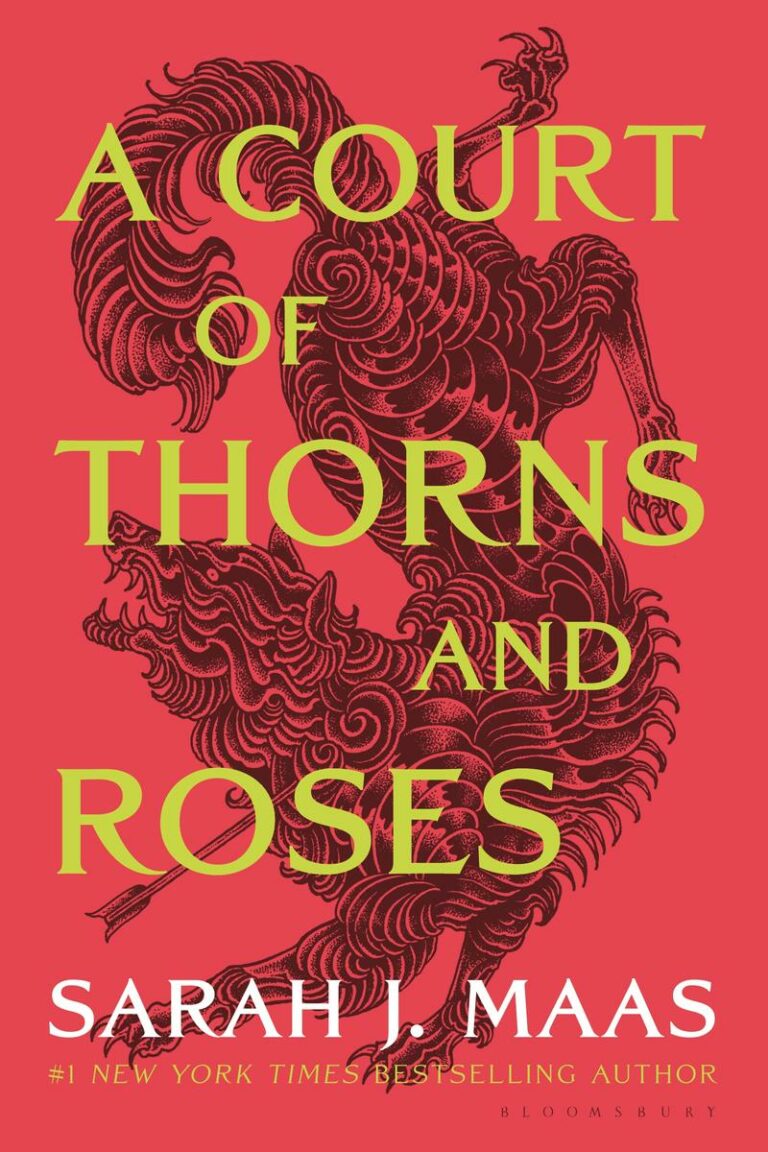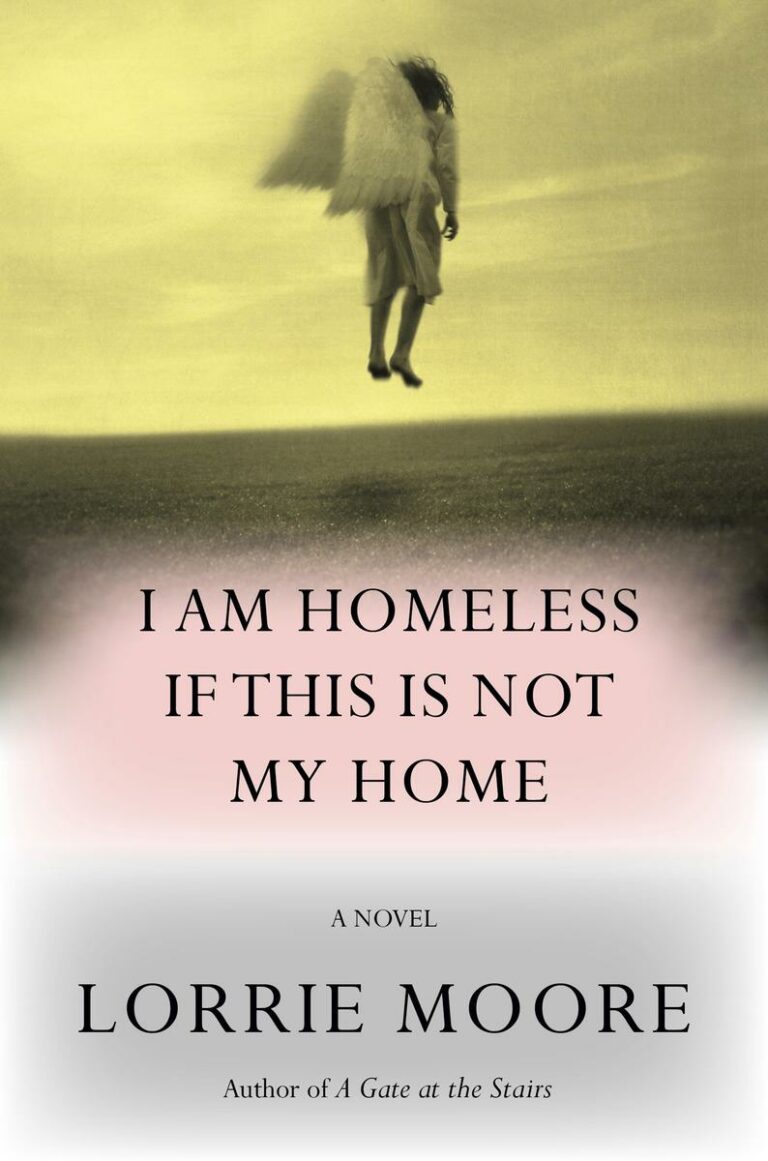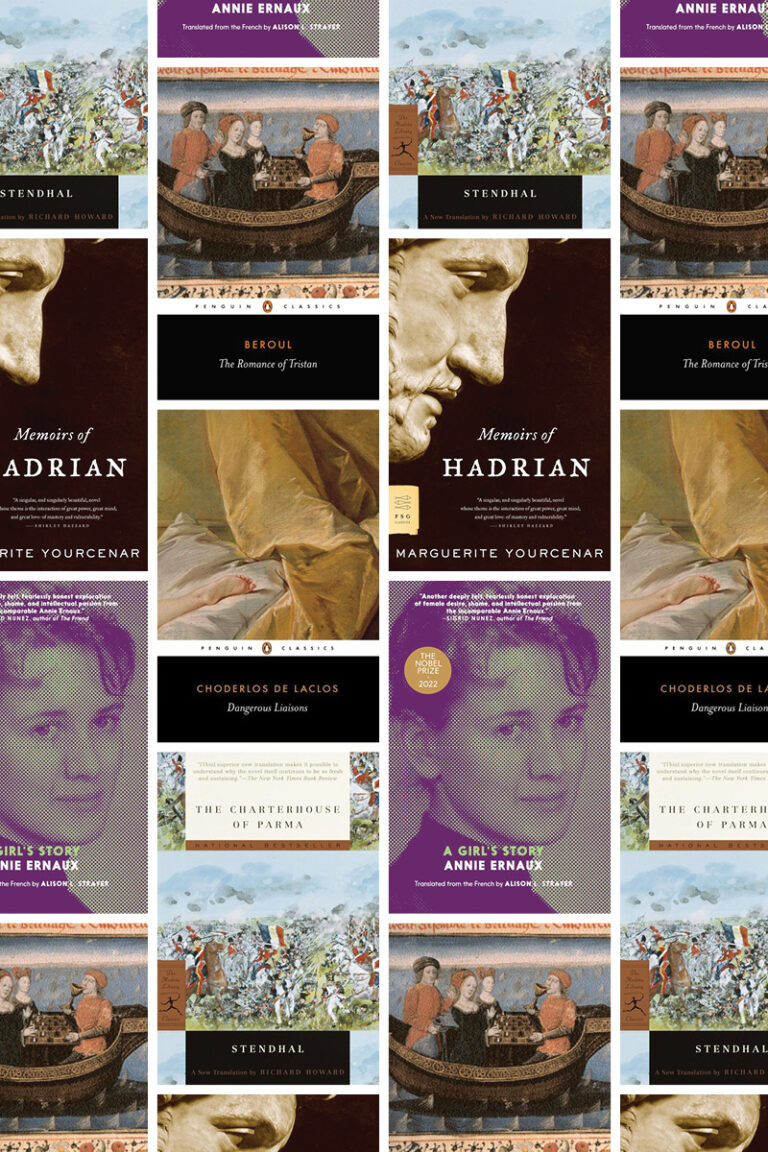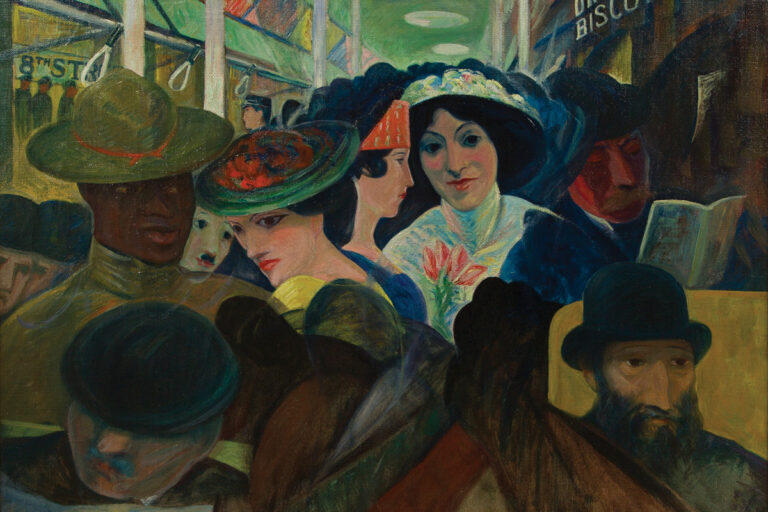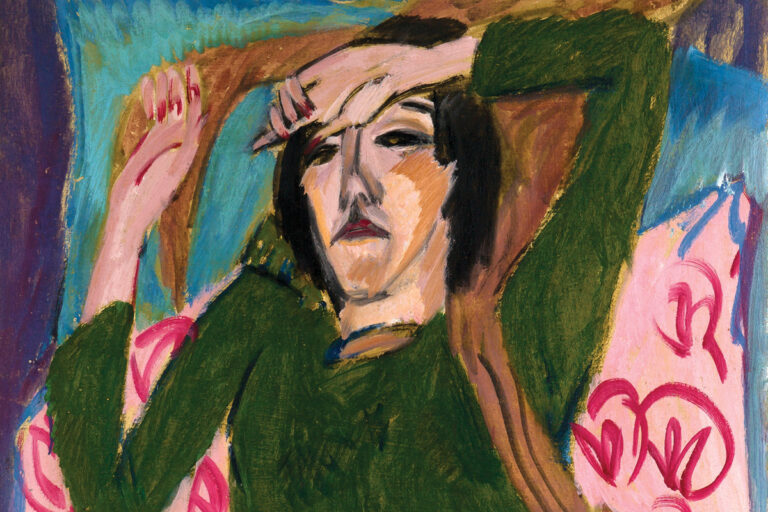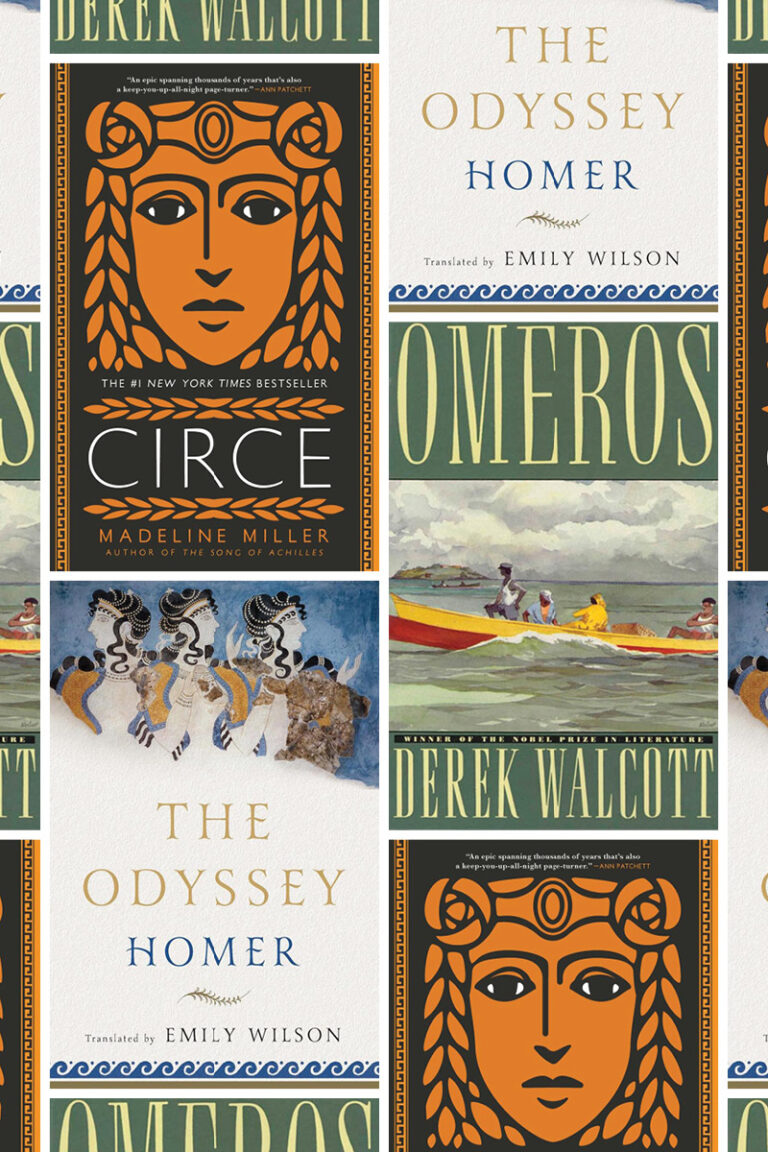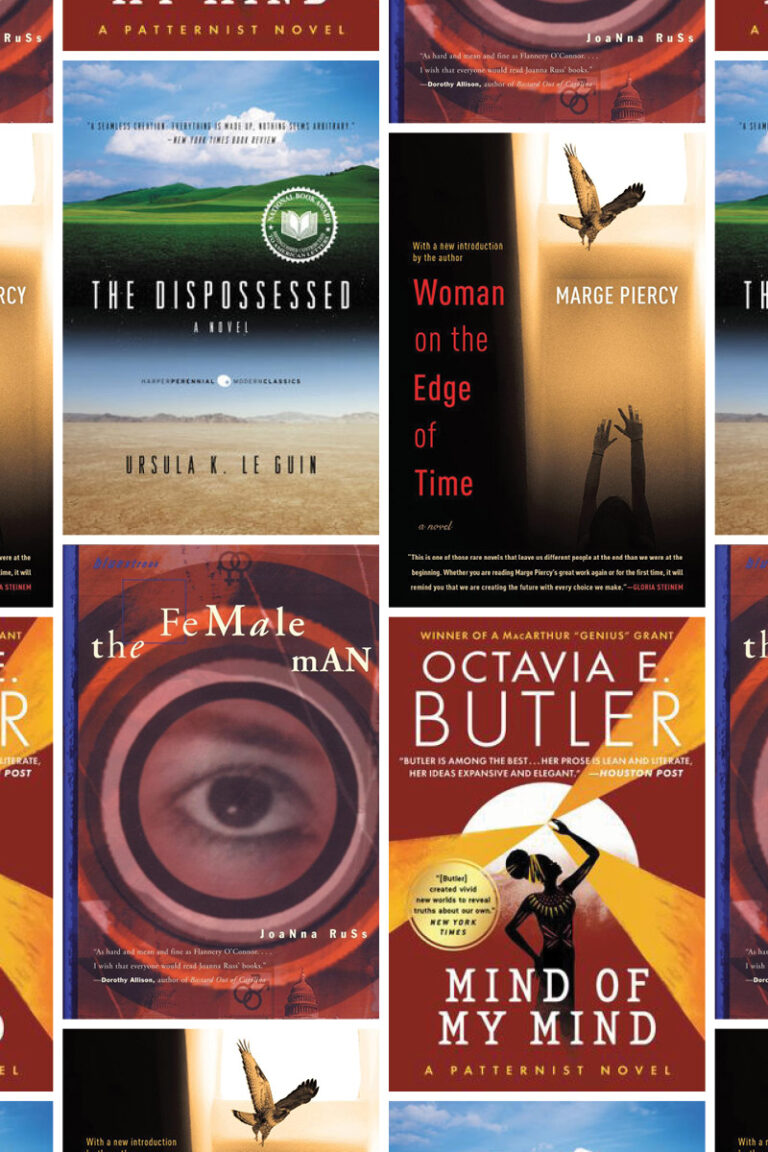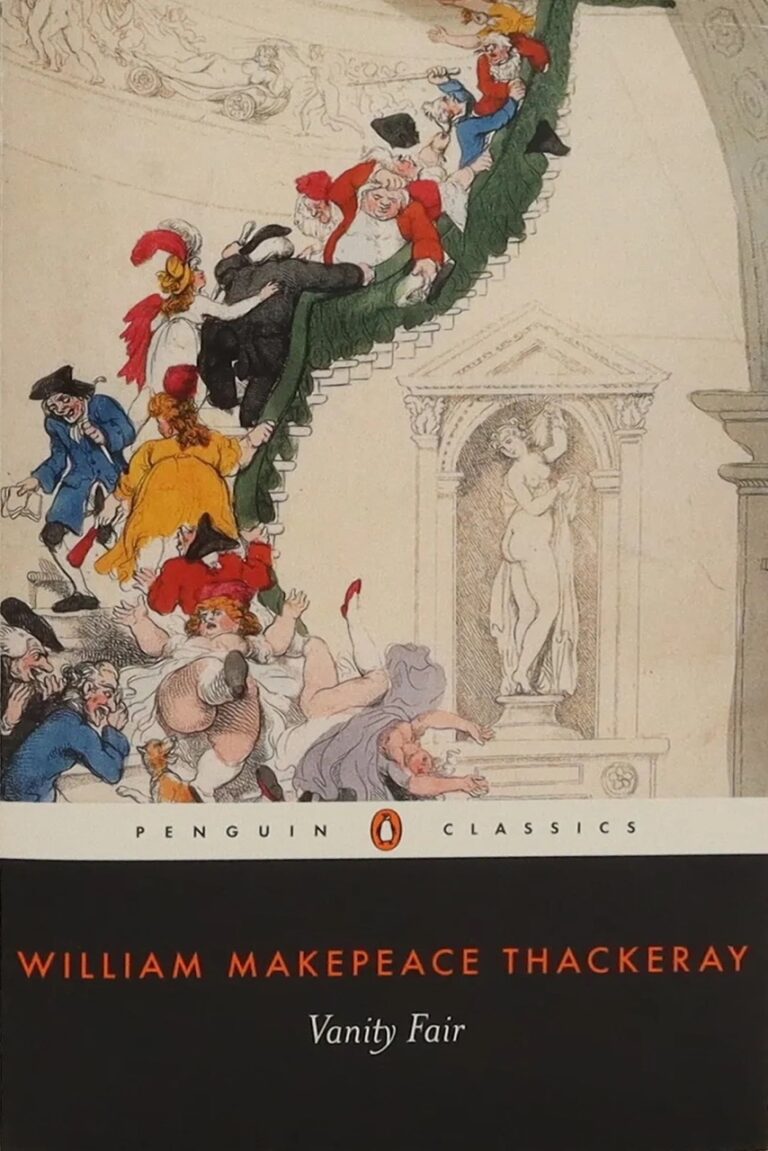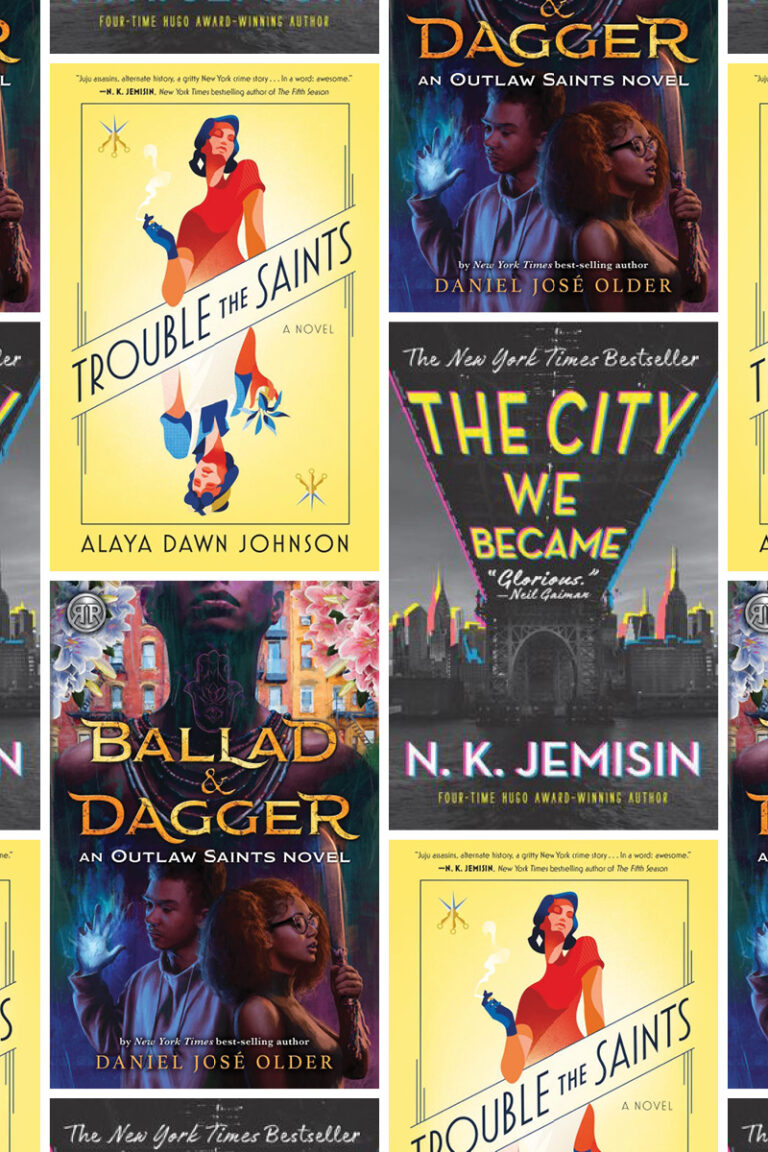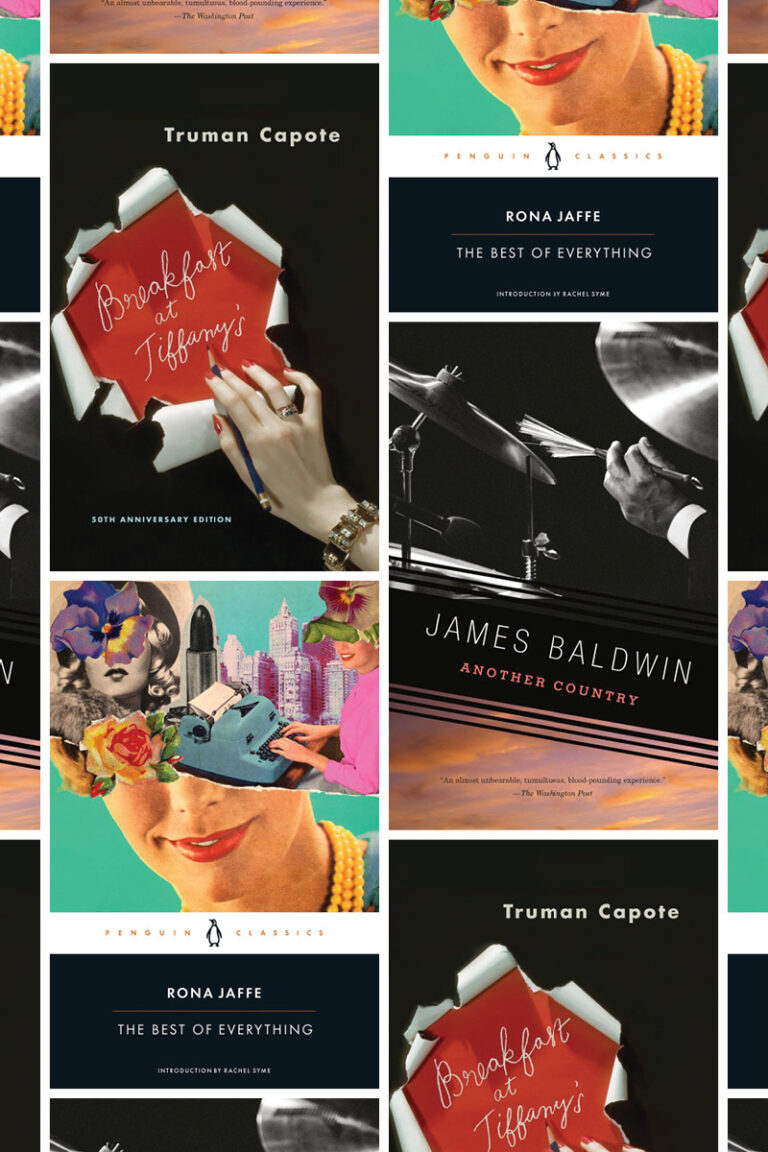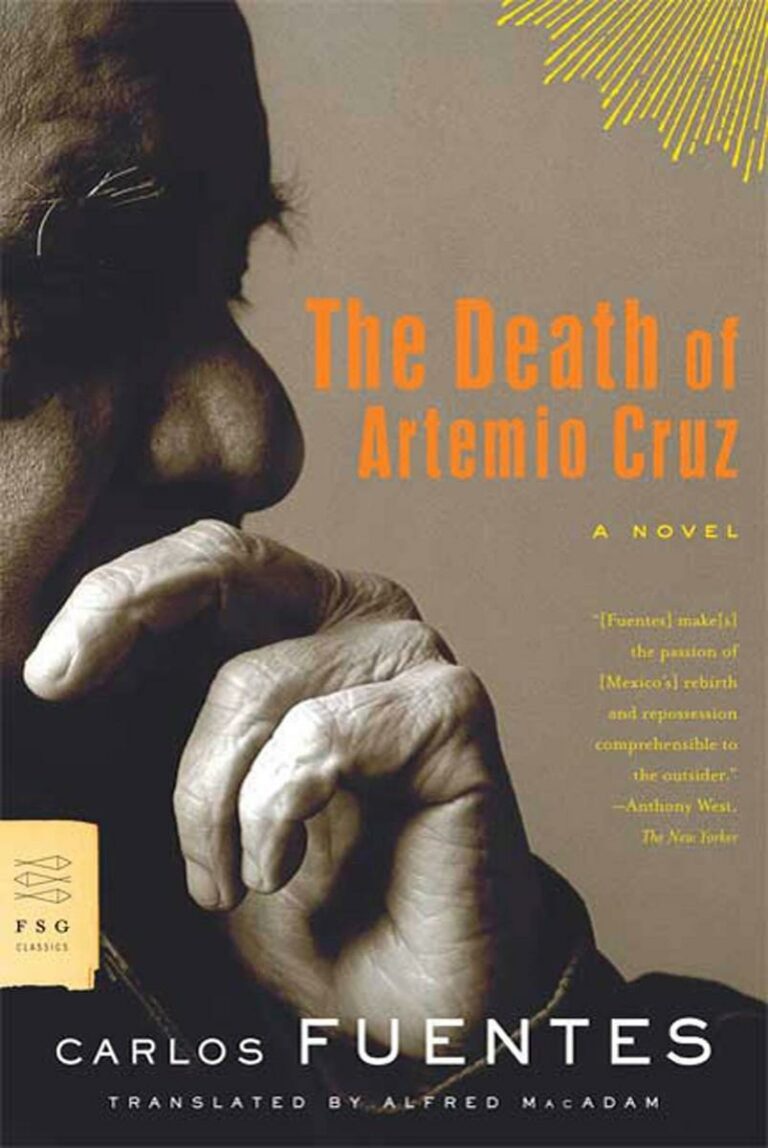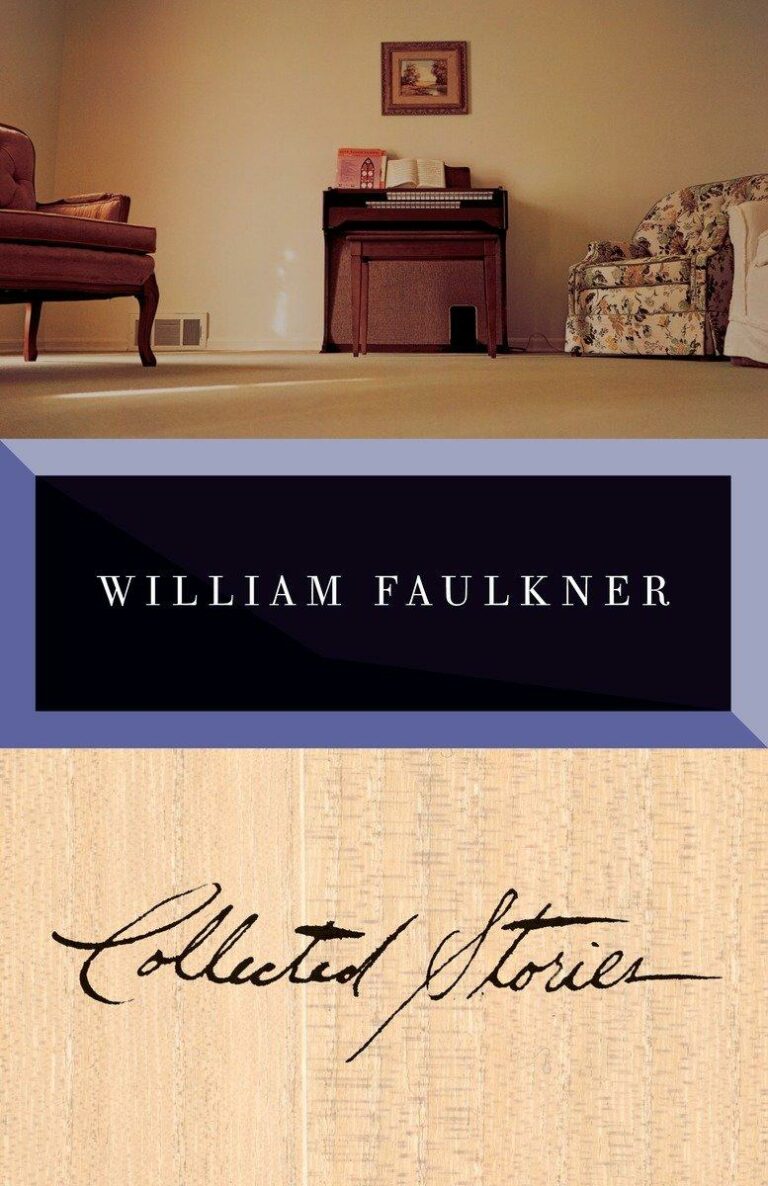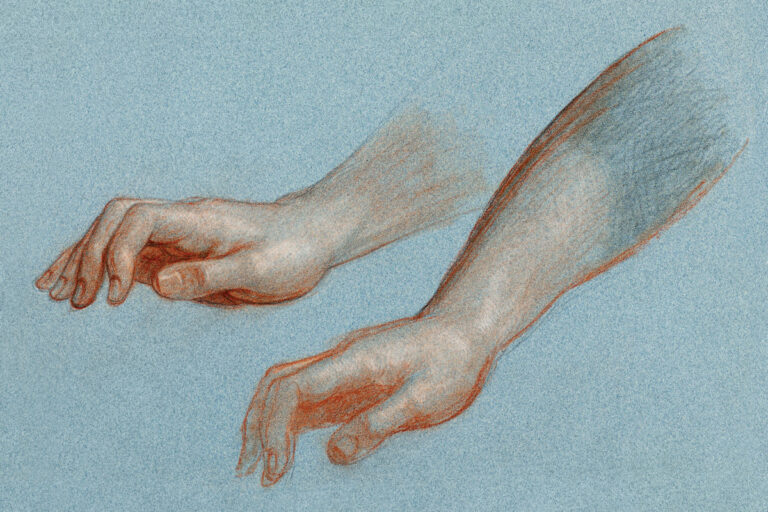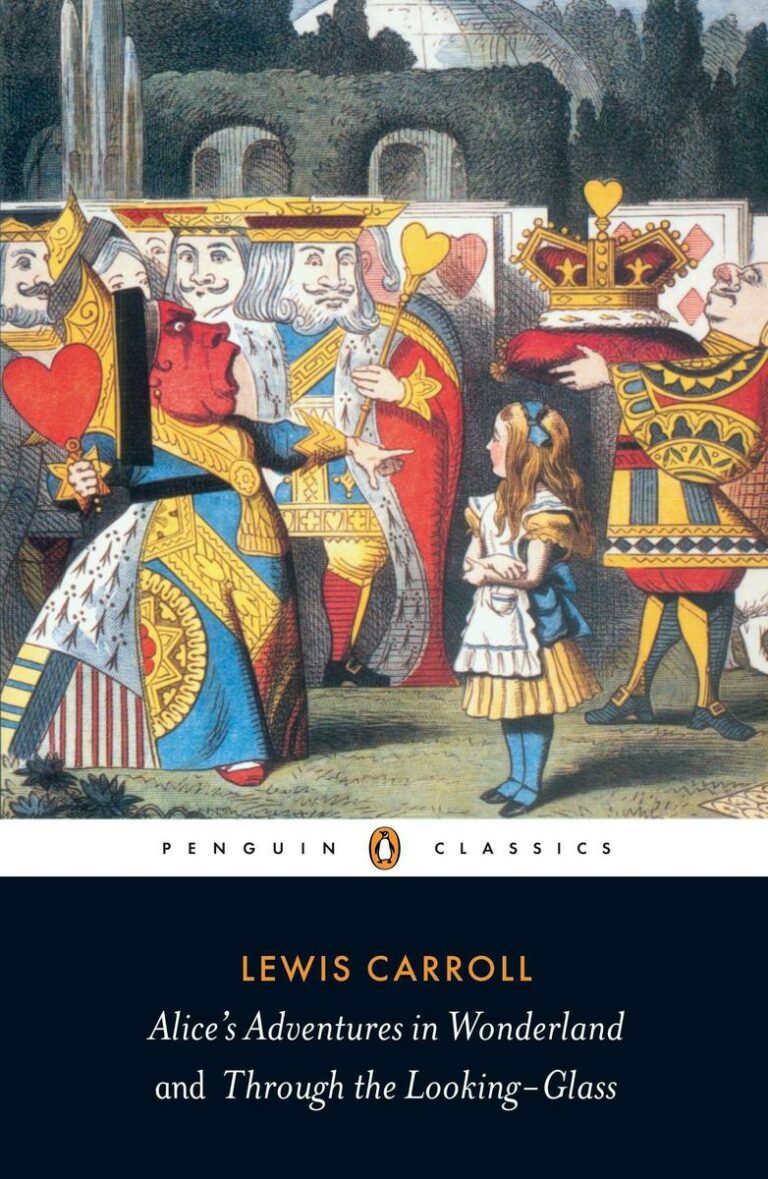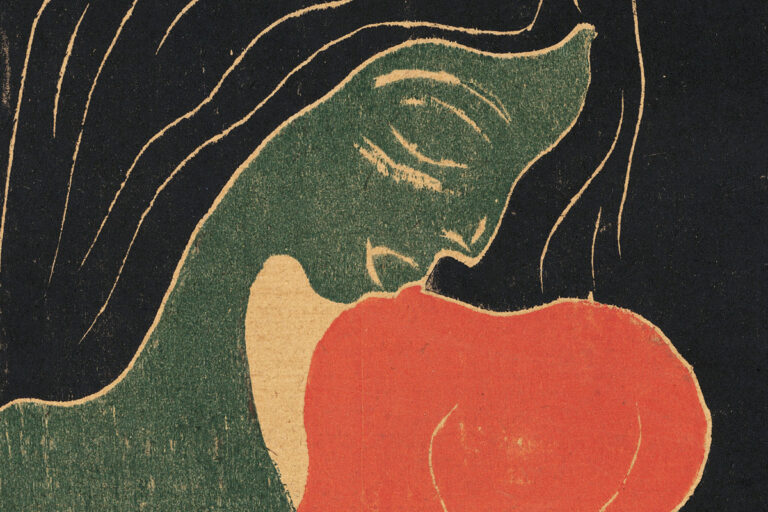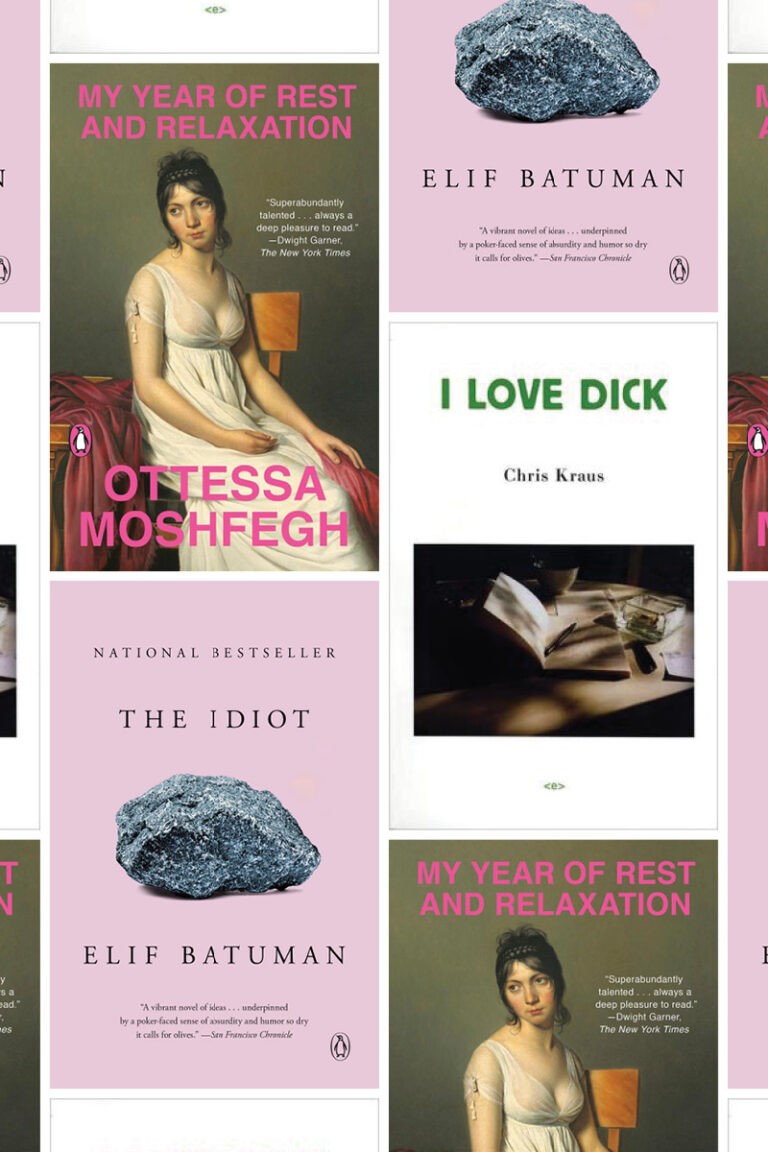Writing Workshops
Breaking Storytelling Norms with Symbiotic Forms: A Generative Workshop with Sarah Cypher
$295
4 Sessions
Out of stock
Once a week Mondays, 7:00 pm EDT - 9:00 pm EDT November 13 to December 4, 2023
Online via Zoom
As an editor of 20 years, I see writers break through into “fresh” writing whenever they slyly engage with and trouble culturally received narratives. In this generative workshop, we’ll loosen up and get inspired by using other texts as access points for new drafts or as fresh angles for revision of works-in-progress. At all levels of our projects—genre, structure, and sentence—we’ll consider a variety of examples across fiction, creative nonfiction, and maybe a poem or two to explore how we can crack open forms that often have little to do with creative writing and find a starting point for our own stories, which can make inventive and critical use of their source material. We will read excerpts of work by Carmen Maria Machado, Isabella Hammad, NourbeSe Philip, and others.
Course Overview
Each session will include a discussion of a text (to be read at home), time for free-writing and optional sharing based on prompts. The goals are to gain a foothold in our writing project(s) and community beyond this class, and to share ways to disrupt conventional writing to find the forms best suited to our stories.
Course Outline
- Week 1: What is a parasitic form? Advance readings: Megan Milks’ short essay “Itchy Occupations: Toward a Parasitic Mode of Writing,” Milks’ short story, “My Father and I Were Bent Groundward,” and the first portion of Carmen Maria Machado’s “Especially Heinous: 272 Views of Law & Order SVU.” We’ll get to know each other, discuss communication guidelines, and then dive into an introduction of the concept of parasitic writing that undoes harmful narratives (group reading of Milks’ essay). The second half of the session will be devoted to a few free-writing prompts and optional sharing. Assignment: designated students will create a prompt to share in Week 2 based on the advance reading.
- Week 2: Symbiotic forms and narrative exchange, a reciprocal mode of writing. Advance readings: More of Carmen Maria Machado’s “Especially Heinous” and her Paris Review interview about writing it (“Pleasure Principles,” Oct. 3, 2017), Liz Prato’s short essay about her brother’s sudden death, “Anatomy of an Autopsy Report,” and an excerpt of Isabella Hammad’s Enter Ghost. In the first half of the session, we’ll talk about taking risks to converse with “authoritative” narratives, and how our new approach can also deepen and renew our source material. The second half of the session will be devoted to a choice of the students’ free-writing prompts and optional sharing. Assignment: designated students will create a prompt to share in Week 3 based on the advance reading.
- Week 3: Angela Carter said, “I am all for putting new wine in old bottles, especially if the new wine makes the old bottles explode.” Our advance reading will be the first three short stories of The Bloody Chamber, which present a successive undermining and shifting of the terms of the traditional fairy tale toward a feminist mode. In the first half of the session, we’ll talk about how genre presents writers with a container for upending other social conventions, presenting limitless opportunities for subversive play. Students are encouraged to think about their own favorite examples from film and literature, and then we’ll dive into the generative second hour of the session and optional sharing. Assignment: designated students will create a prompt to share in Week 4 based on the advance reading.
- Week 4: Breaking open the sentence. If language influences thought, then sometimes our projects need us to become more limber at the line level. Advance reading: Sabrina Orah Mark’s short story “Wild Milk,” Kevin Young’s poem “Errata,” and excerpts of NourbeSe Philip’s Zong! (excerpts of “Os” and of her essay on its writing, “Notanda”). We will work through the delights and mysteries of these texts together, talking about what surprises us, where our expectations wanted to take us versus where the writing called us to go, and how they refresh our experience of the subject matter or writing itself. We’ll end with one or two free writes that invite our sentences to crack open and bloom.
Capacity: 12
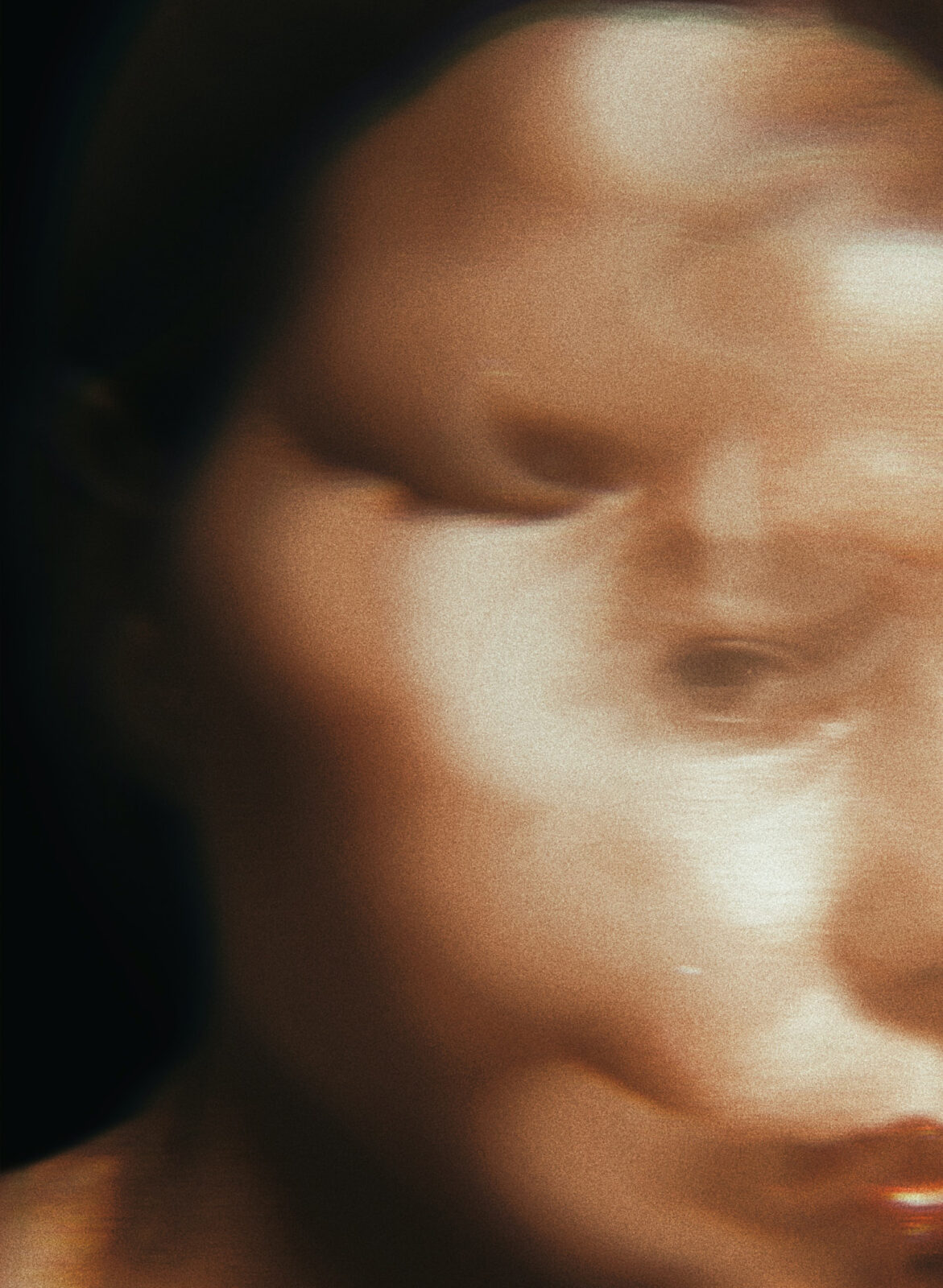
Led by
-
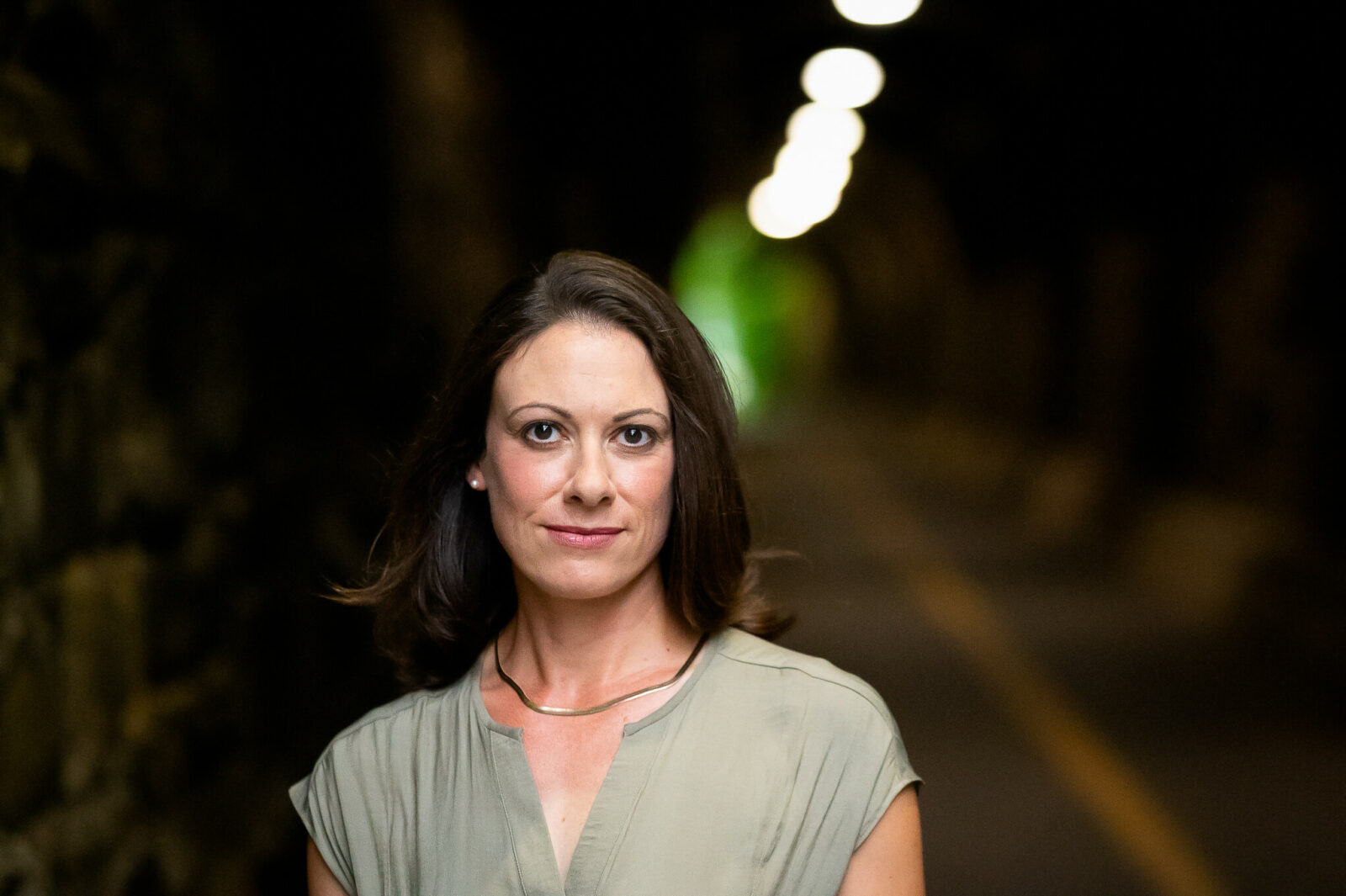
Sarah Cypher
Sarah Cypher
Sarah Cypher is a freelance book editor and author of The Skin and Its Girl (Ballantine, April 2023). She holds an MFA from the Program for Writers at Warren Wilson College, where she was a Rona Jaffe Graduate Creative Writing Fellow in Fiction, and a BA from Carnegie Mellon University. Her writing has appeared in the Washington Post, Lit Hub, Electric Literature, New Ohio Review, North American Review, Crab Orchard Review, and others, and she has been a resident at the Headlands Center for the Arts and Vermont Studio Center. She grew up in a Lebanese Christian family near Pittsburgh and lives in Washington, D.C., with her wife. You can keep up with Sarah on Instagram at @sarahcypher and on Twitter at @threepenny.
By Sarah Cypher
-
.
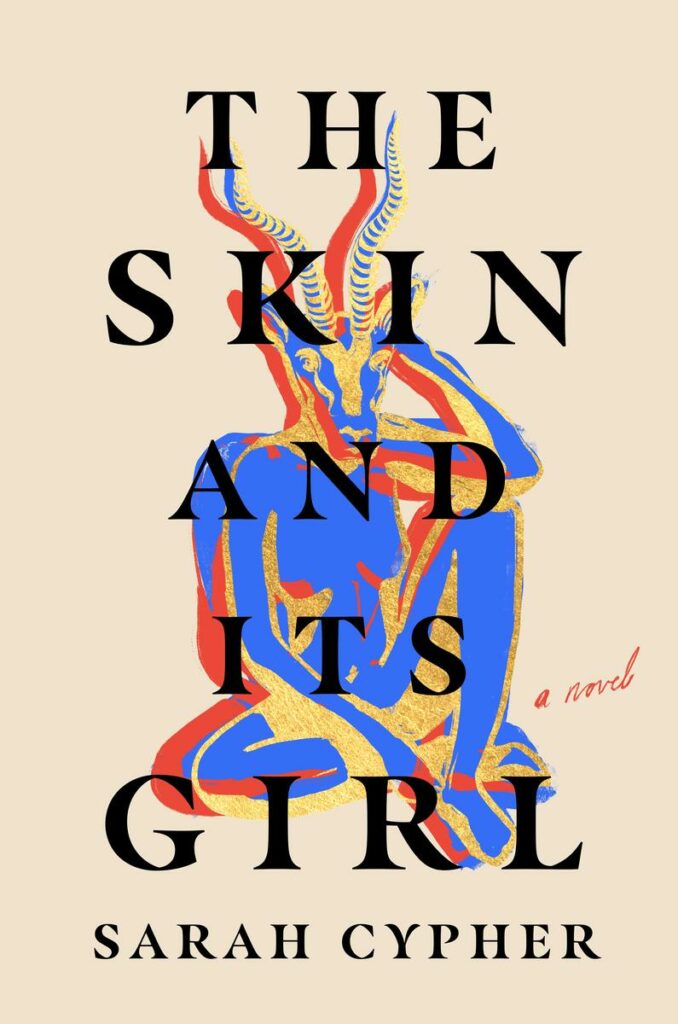
The Skin and Its Girl
By Sarah Cypher
Published by Random House
In a Pacific Northwest hospital far from the Rummani family’s ancestral home in Palestine, the heart of a stillborn baby begins to beat and her skin turns vibrantly, permanently cobalt blue. On the same day, the Rummanis’ centuries-old soap factory in Nablus is destroyed in an air strike. The family matriarch and keeper of their lore, Aunt Nuha, believes that the blue girl embodies their sacred history, harkening back to a time when the Rummanis were among the wealthiest soap-makers and their blue soap was a symbol of a legendary love.
Decades later, Betty returns to Aunt Nuha’s gravestone, faced with a difficult decision: Should she stay in the only country she’s ever known, or should she follow her heart and the woman she loves, perpetuating her family’s cycle of exile? Betty finds her answer in partially translated notebooks that reveal her aunt’s complex life and struggle with her own sexuality, which Nuha hid to help the family immigrate to the United States. But, as Betty soon discovers, her aunt hid much more than that.
The Skin and Its Girl is a searing, poetic tale about desire and identity, and a provocative exploration of how we let stories divide, unite, and define us—and wield even the power to restore a broken family. Sarah Cypher is that rare debut novelist who writes with the mastery and flair of a seasoned storyteller.
About this series
Writing Workshops
We strive to make our classes the most inviting and rewarding available, offering an intimate environment to study with award-winning, world-class writers. Each class is specially designed by the instructor, so whether you’re a fledgling writer or an MFA graduate polishing your novel, you’ll find a perfect fit here.
